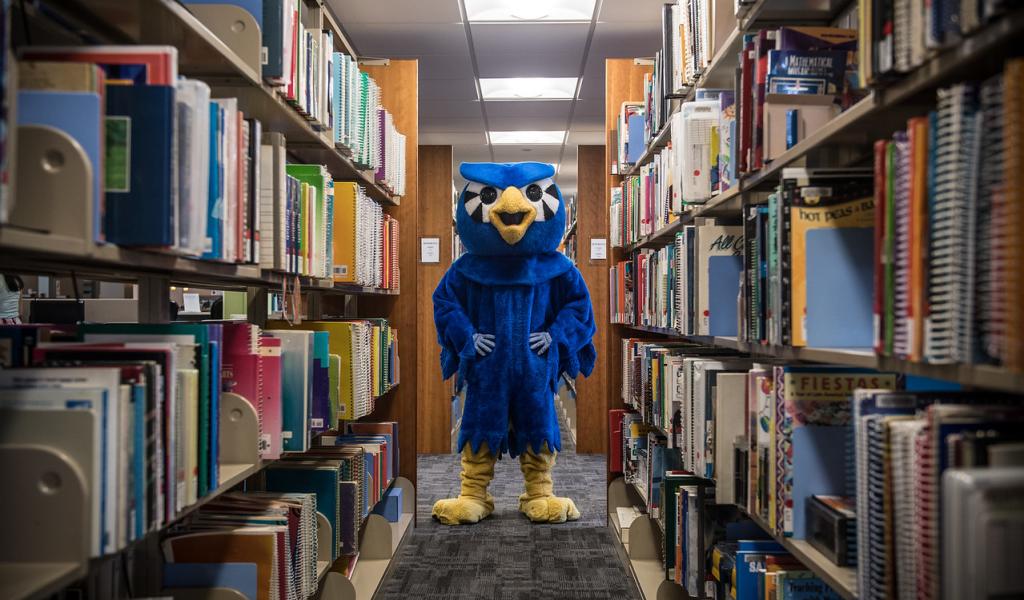
Courses in this area expose students to an intellectual passion that they can get excited about. Students collaborate with their professor and peers to examine a particular specialization, creative interest, question or topic in depth and from multiple points of view in order to develop college-level academic skills. Students are supported as they develop the skills needed to engage deeply and critically with complex materials; to take risks; to grow as a leader and collaborator; to reflect on strengths, passions and goals; and to begin to develop a vision for their journey through Westfield State University.
BY THE END OF TAKING A COURSE IN THIS AREA:
- Lifelong Learning: Students practice skills and attitudes central to lifelong learning; including developing a growth mindset viewpoint that encompasses self-reflection, flexibility, intellectual curiosity, and considers broad perspectives and diversity of thought.
- Reflective Discovery and Analysis of Information: Students locate, generate, identify, interpret, and critically evaluate information, evidence, arguments and ideas, recognizing that authority is constructed and contextual. Students analyze their own and others' assumptions and incorporate reliable and valid information effectively and ethically for an intended purpose.
- Developing a Sense of Place/Community: Students collaborate with others in the Westfield community while exploring a new or existing intellectual passion.
- Academic Life: Students develop college-level academic skills and identify resources to support their practice of intellectual discovery and creative accomplishment that model multiple modes of representation, engagement, and action and expression.
